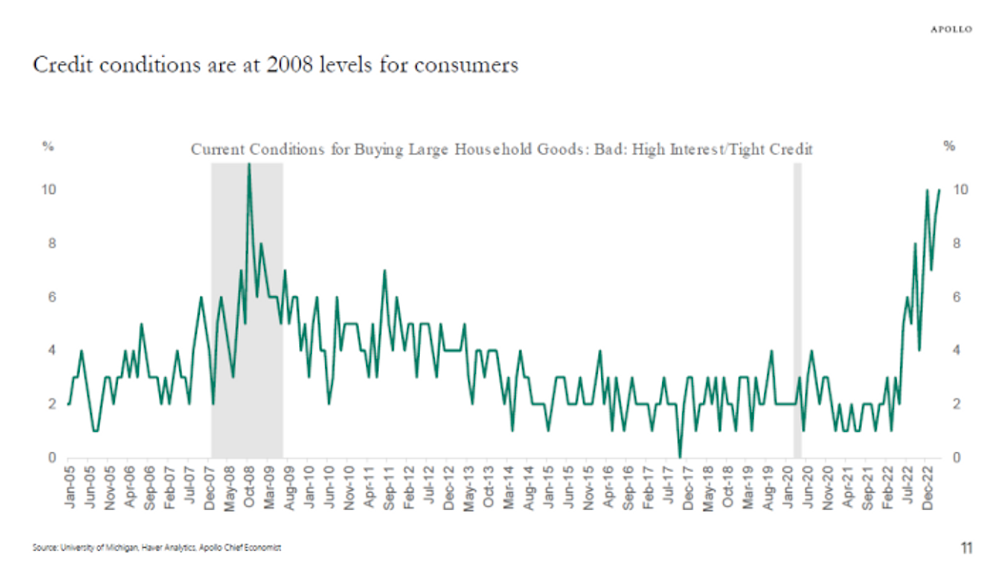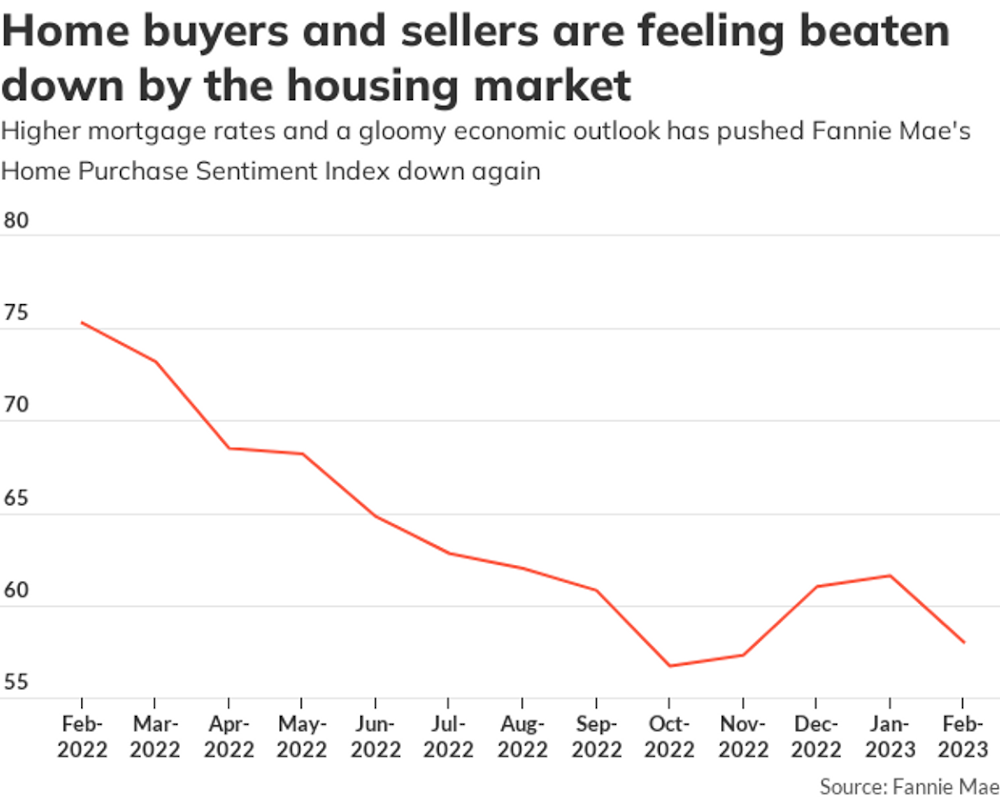 WASHINGTON (MarketWatch)
WASHINGTON (MarketWatch)U.S. economic conditions in January and early February were difficult to discern due to severe cold temperatures and a series of storms that left much of the country trapped under snow and ice, the Federal Reserve reported
In sector after sector and region after region, the weather played havoc on conditions, the report said
There were 119 separate mentions of the word “weather” in the Beige Book
The assessment is not likely to stop the Fed from continuing its steady reduction in monthly asset purchases
The Beige Book does “reinforce our bias, and that at the Fed, that the slowdown in economic activity is short-lived,” said Eric Green, global head of rates, foreign-exchange, and commodity research at TD Securities
The Beige Book said that eight of the 12 Fed districts reported that economic conditions continued to expand though Feb. 24
The New York and Philadelphia regions experienced a slight decline in activity, which was mostly blamed on the weather
Growth also slowed in Chicago, though contacts were still optimistic about the outlook for 2014 Kansas City reported that conditions remained stable
Weather impacted retail sales and manufacturing
Not all of its effects were negative: many districts reported energy production was rising on increased demand
The Fed survey found that employment levels improved “gradually.”
There were no signs of inflation as price pressures were seen as “subdued.”
Reports from home sales were “somewhat mixed.” While many districts said conditions were still improving, they noted that growth had slowed
The Beige Book is a collection of anecdotes on the economy used to help the Federal Reserve prepare for its next interest rate setting meeting
The Fed started to pull back from its monthly asset purchase program in December, and has cut purchases by $10 billion at each of the last two meetings, bringing it down to a $65 billion-per-month pace
Economists expect the Fed to look through the bad weather and to make a similar cut when the Fed policy committee meets again on March 18-19



















3 comentarios:
WASHINGTON (MarketWatch) -- Richard Fisher, president of the Federal Reserve Bank of Dallas, on Wednesday said he was concerned about "eye-popping levels" of some stock market metrics, and said the central bank has to monitor the signs carefully to make sure another bubble isn't forming. In his speech in Mexico City, Fisher said some indicators like the price-to-projected forward earnings, price-to-sales ratios and market capitalization as a percentage of GDP, are at levels not seen since the dot-com boom of the late 1990s. He noted that margin debt is pushing up against all-time records. "We must monitor these indicators very carefully so as to ensure that the ghost of 'irrational exuberance' does not haunt us again," Fisher said. While a few Fed officials have mentioned unease about stock prices, Fisher's comments are the most pointed to date. Fisher did not spare the bond market, saying that narrow spreads between corporate and Treasury debt "reflect lower risk premia on top of already abnormally low nominal yields." Fisher is a voting member of the Fed's monetary policy committee this year. He has been a strong opponent of the Fed's latest round of asset purchases.
WASHINGTON (MarketWatch) -- Federal Reserve Chairwoman Janet Yellen promised Wednesday that she would take more steps to make the central bank more open. In remarks at her ceremonial swearing-in, Yellen noted that former Fed chairman Ben Bernanke had decided in 2011 to hold periodic press conferences. "I promise to build on his legacy," Yellen said. The new chairwoman, who was sworn in privately in early February, said that the economy is stronger and the financial system is sounder since Bernanke started his second term in 2010. "We have come a long way, but we have further to go," she told a private audience that included Treasury Secretary Jacob Lew. Yellen said she would never forget that there were individual lives behind the statistics used to gauge the health of the economy. "When we make progress toward our goals, each job that is created lifts this burden from someone who is better equipped to be a good parent, to build a stronger community, and to contribute to a more prosperous nation," she said
WASHINGTON (MarketWatch) -- Philadelphia Federal Reserve President Charles Plosser said Thursday he is concerned about how the central bank's asset purchase program is impacting the economy. "I am very worried about the potential for unintended consequences of all this action," Plosser said in an interview on CNBC. "We've never done this before," he said. The exit from the Fed's ultra-low monetary policy could be challenging, he said. "If you don't have Plan B, you don't have a plan," Plosser said. Plosser is a voting member of the Fed's policy committee this year. His comments echo remarks made Wednesday by Dallas Fed President Richard Fisher, who said high stock prices might be one sign that "quantitative easing has overstayed its welcome."
Publicar un comentario